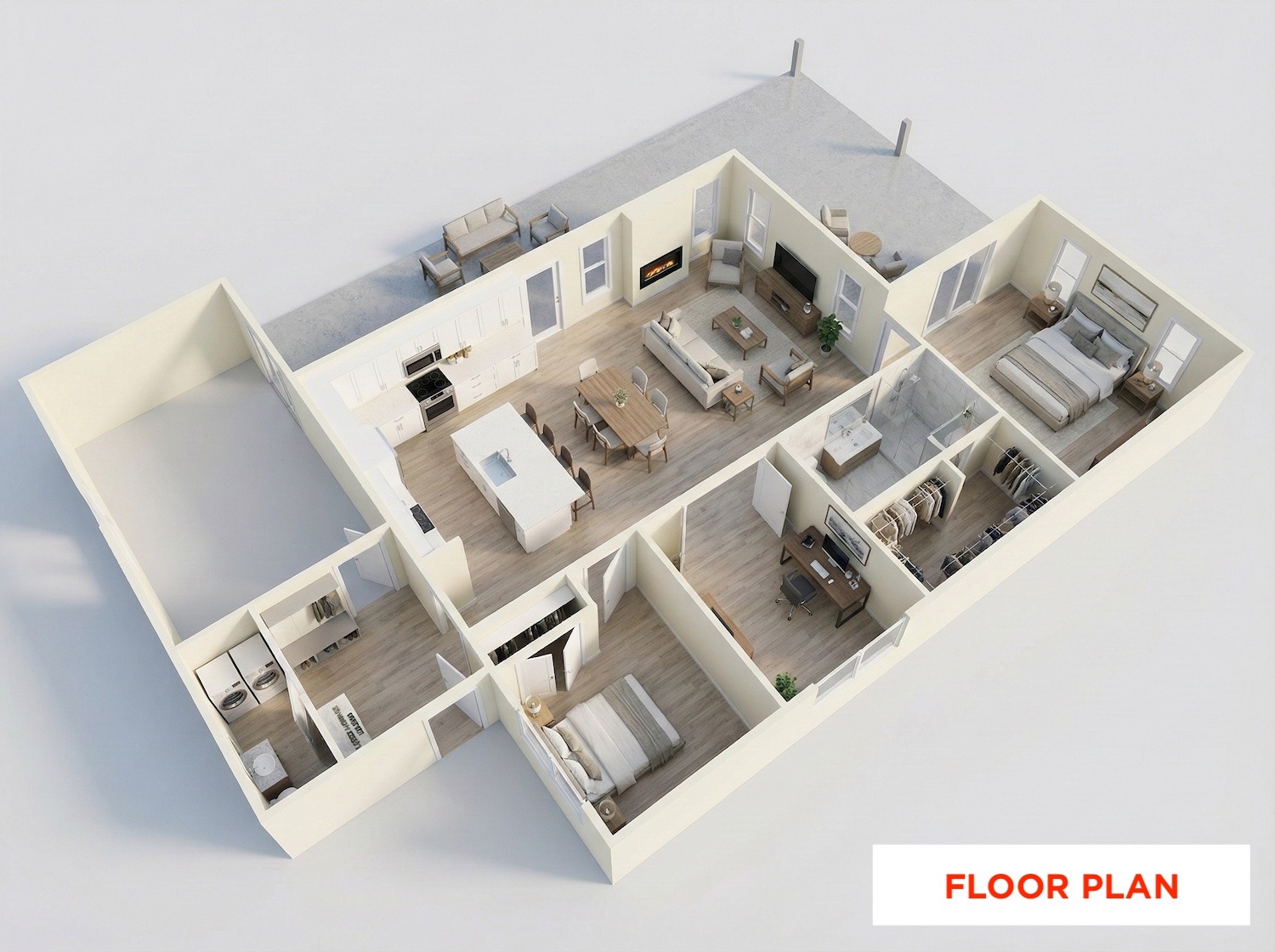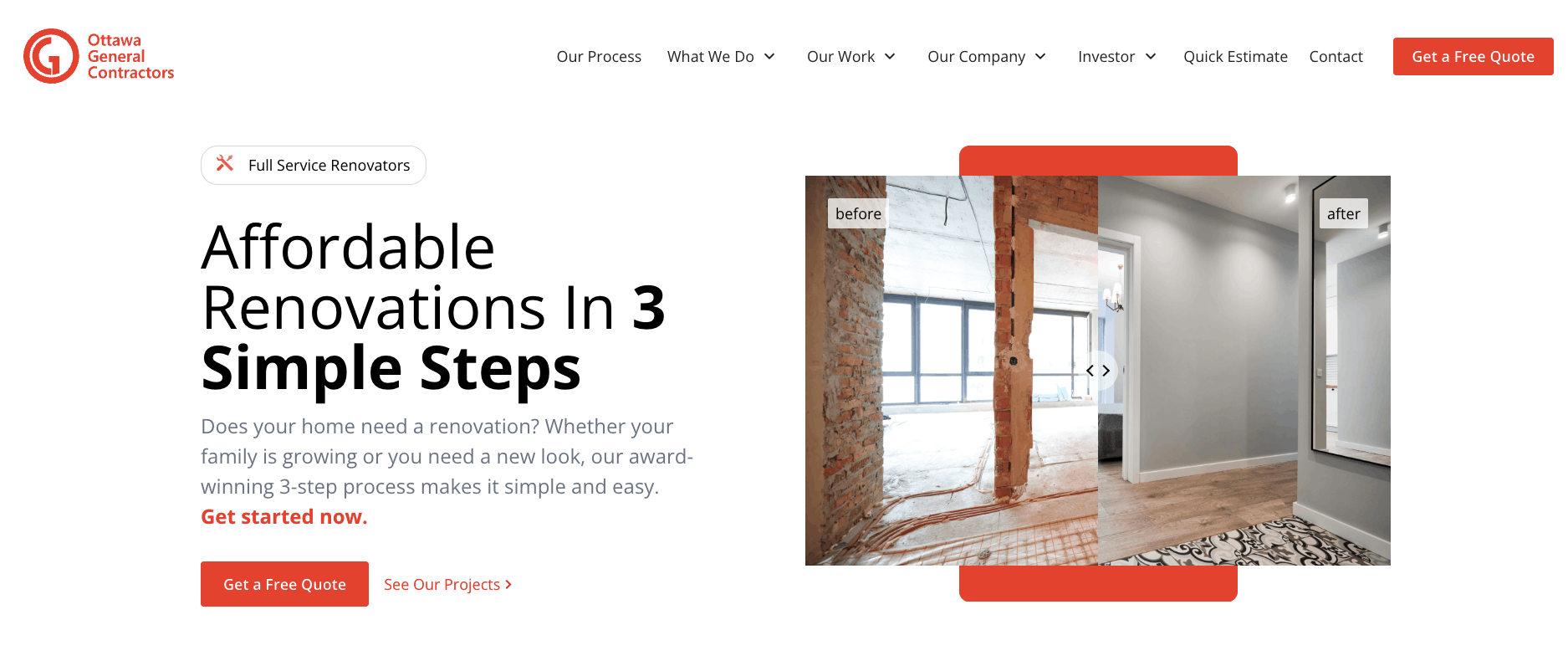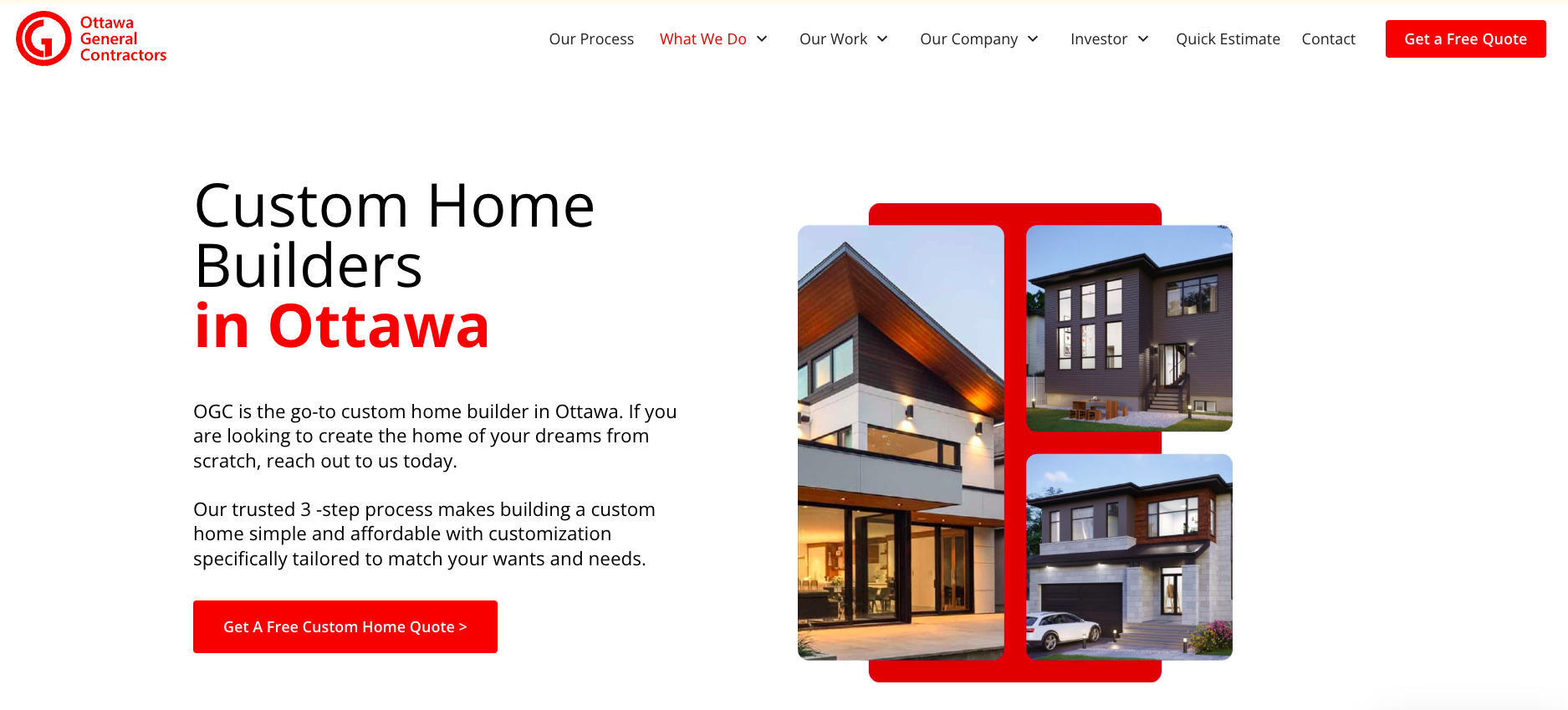Ottawa Real Estate Development Strategy: Convert Parking Lot Into Additional Units
The City of Ottawa, like many urban centers, has undergone a significant transformation in its approach to urban planning and development. In the past, the zoning department required vehicle parking for multi-residential buildings to accommodate the growing number of cars. However, as the city moves towards sustainable urban living and prioritizes public transportation, the focus has shifted. Today, the City of Ottawa actively encourages developers to minimize or fully eliminate parking spaces. This has created a unique and lucrative opportunity for investors to purchase multi-residential buildings with large parking lots and convert some of those spaces into more livable units. This blog post explores this evolution and how it has given rise to exciting investment prospects in the city.
From Parking-Centric to People-Centric Urban Planning
For decades, urban planners emphasized car-centric development, leading to an abundance of parking spaces in multi-residential buildings. However, the rise of environmental concerns and the desire for more sustainable living has prompted the City of Ottawa to rethink this approach. Now, they prioritize people-centric urban planning that promotes walkability, public transit usage, and active transportation options.

The Parking Paradox: Unutilized Spaces in Multi-Residential Buildings
As the city encourages fewer parking spaces, multi-residential buildings that were constructed in compliance with the old regulations are left with underutilized parking lots. These vast, empty spaces represent a unique opportunity for investors looking to capitalize on the changing urban landscape.
Seizing the Investment Opportunity
Investors can now acquire multi-residential properties with large parking lots at potentially lower costs due to the perceived limitations on parking. By reimagining these spaces, investors can convert parking areas into additional livable units, increasing the equity and financial performance of their investment while catering to the growing demand for affordable housing in Ottawa’s expanding urban core.
Meeting the Demand for Affordable Housing
Ottawa, like many other cities, is facing a housing affordability crisis. The conversion of parking spaces into additional units offers a way to address this pressing issue while simultaneously aligning with the city’s vision of a more sustainable and transit-oriented urban environment.
Navigating Zoning Regulations
While the City of Ottawa is encouraging the reduction of parking spaces, investors must navigate the evolving zoning regulations carefully. Collaborating with experienced architects, planners, and industry experts will be essential to ensure compliance and maximize the potential of these redevelopment projects.
Community Impact and Public Perception
Redevelopment projects that repurpose parking lots into additional housing units may face some resistance from local communities. Addressing concerns related to increased density, parking congestion, and the overall impact on the neighborhood will be crucial to garner public support and ensure the success of the venture.
Transportation Alternatives and Accessibility
As parking spaces are reduced, it becomes essential to provide alternative transportation options for residents. Investors can enhance the appeal of their properties by incorporating bike storage facilities, car-sharing programs, and promoting easy access to public transportation nodes.
Green Spaces and Outdoor Amenities
The conversion of parking areas allows for the creation of more green spaces and outdoor amenities within multi-residential properties. Such enhancements can improve the overall living experience for tenants and contribute positively to the urban landscape.
The Ripple Effect on Real Estate Values
As Ottawa’s urban landscape evolves, areas with reduced parking requirements and increased livable units may experience a surge in real estate values. Savvy investors can capitalize on this trend and potentially benefit from increased property appreciation.
Long-Term Sustainability and Return on Investment
Ottawa’s shift from mandatory parking in multi-residential buildings to a focus on people-centric urban planning has unlocked a unique investment opportunity. Investors who recognize the potential in large parking lots and convert these spaces into more livable units can contribute to the city’s vision of a sustainable, accessible, and affordable urban environment while reaping the benefits of their foresight and innovation. Embracing this transformation and playing a role in shaping Ottawa’s future will not only create valuable returns but also contribute positively to the community and the broader goals of sustainable urban living.
How to Qualify?
By allocating a minimum of $500,000 towards one of these transformative projects, investors can reap substantial financial rewards while contributing to the community’s needs for enhanced living spaces. The potential for short and long-term financial gains is very promising. Rental income from the additional units, coupled with the appreciation of the property’s value, and future value financing requiring no further cash, results in a comfortably leveraged investment that produces great cash flow instantly. Moreover, eco-friendly and energy-efficient upgrades could lead to preferred lending rates and government incentives which further enhances the overall profitability of the investment.

.svg)
.jpg)


.jpg)





